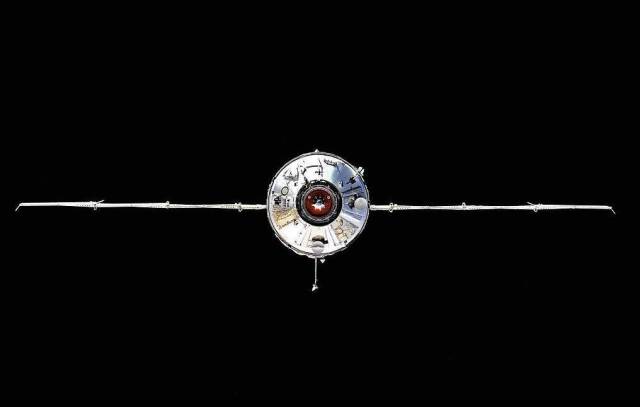The corporation said that they were connected with the propulsion system and fuel, as well as equipment sensors and new software
MOSCOW, August 30. /TASS/. Two blocks of problems were fixed after the launch of the multi-purpose laboratory module (MLM) "Science" into orbit and docking with the ISS, the specialists managed to solve them. This was announced in an interview with TASS by twice Hero of the Soviet Union, General Designer of the Rocket and Space Corporation (RSC) Energia, corresponding member of the Russian Academy of Sciences Vladimir Solovyov.
"I would divide them [the problems] into two blocks. The first one was related to the propulsion system and fuel, " he said.
According to the general designer, the valves in the module opened incorrectly, the fuel was not distributed in the most optimal way. Because of this, during the eight-day flight of the "Science" to the ISS, there could be a shortage of fuel. Specialists regularly monitored fuel consumption in current dynamic operations and took maximum care of it.
"The second set of problems arose after the successful automatic docking. It is connected with the sensors of the equipment and the new complex software of the module, " Solovyov explained.
"Nauka", the general designer specified, has a fairly powerful computing complex, like the Russian segment of the ISS. It was not possible to combine them for a long time. "The MLM computing complex "thought" that it had not docked, but was still in autonomous flight, and this led to the fact that it gave the wrong commands, "he added, stressing that the specialists eventually managed to bypass the" brains " of the MLM and now the module is successfully integrated into the Russian segment.
The multi-purpose laboratory module "Science" was launched from the Baikonur Cosmodrome on July 21, and on July 29 it docked to the ISS. MLM is intended for the implementation of the Russian program of scientific and applied research and experiments. After its commissioning, the Russian segment will receive additional volumes for the arrangement of workplaces and cargo storage, the placement of equipment for the regeneration of water and oxygen. With Nauka, Russian cosmonauts should get a second toilet, a cabin for a third crew member, as well as a European ERA manipulator, which will allow them to perform some work without going into outer space.

